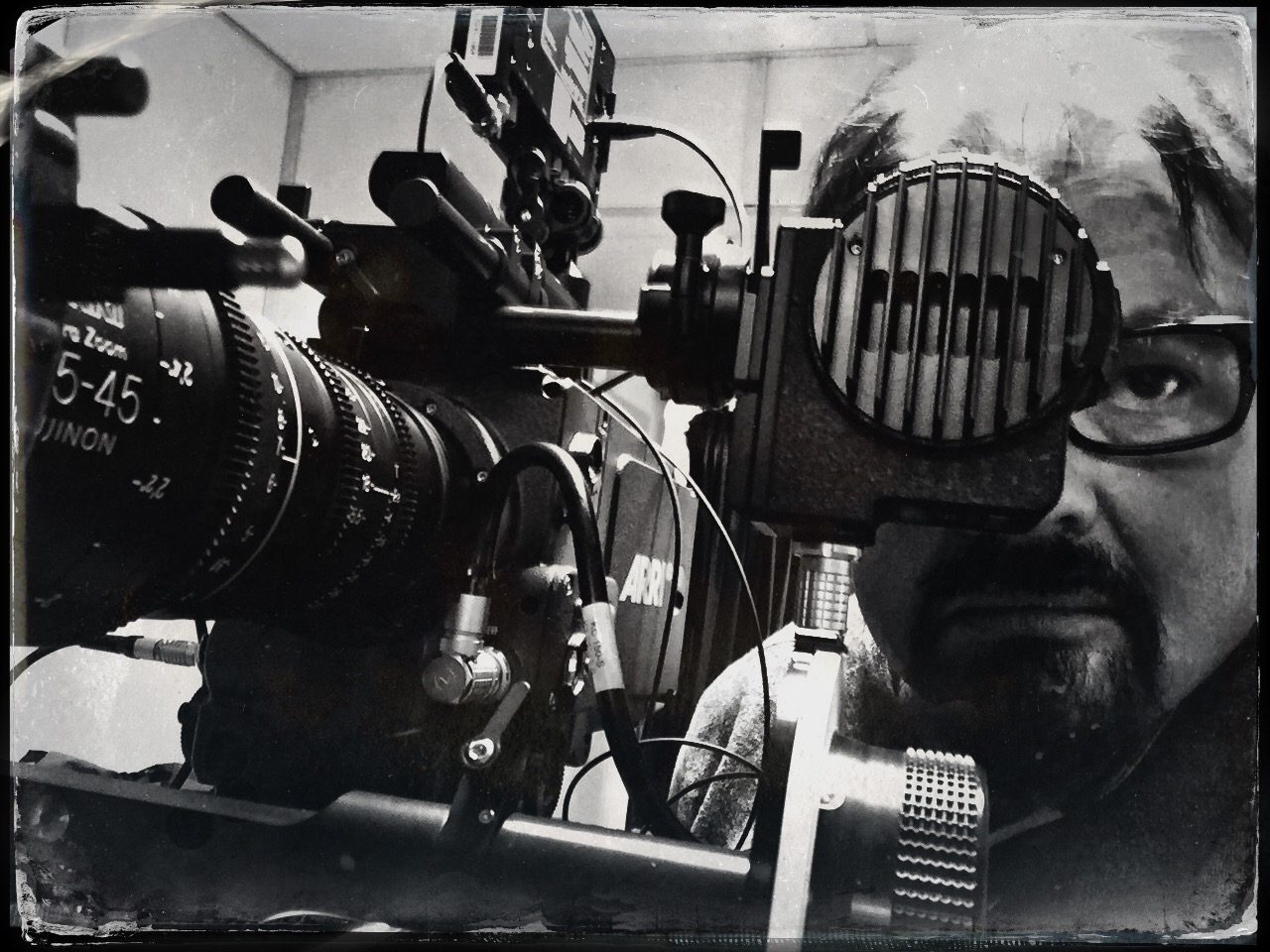Notes from watching the first chapter Life and Times
The lost films (in the 1920’s) of Mitchell and Kenyon was discovered in the basement of a Blackburn shop by some builders who contacted a local film enthusiast (Peter Warden) before deciding to throw them away or not. 2 large metal containers of 850 silver nitrate film reels, which were transferred to the BFI (Berkhamsted) for restoration. Each minute of film consisting of 960 frames restored over the following 3 years, 800 films in all.
Mitchell and Kenyon
Mitchell was a photographer and Kenyon a maker of penny arcade machines jointly founded the firm, which became Norden Films and forayed into short dramas.
These films while not essentially documentaries are records of life in Edwardian Britain. This was a purely commercial endeavour with the films marketed direct to the public by people wearing sandwich boards with details of the weeks lates film. Essentially people were attracted to see themselves on film.
AT the time editing didn’t exist and there was no camera movement so the films were one long continuous shot without zoom and using the same angle so they had to be creative with the mounting of the camera for example on the top deck of a Tram.
There were no Cinemas and so their films were screened in the local halls or at the fairground in tents. They were prolific and visited many locations including Northern Ireland.
Peter Worden (1938-2013)
When the collection, consisting of hundreds of films of late Victorian and Edwardian Britain, was discovered in a basement in 1994, it was Peter who was its initial and tireless custodian and conservator. In 2000, he donated the collection to the nation and it entered the vaults of the BFI National Archive. What followed was a huge preservation, restoration and research project in collaboration between the BFI and the University of Sheffield.
Anon, Peter Worden (1938-2013). British Film Institute. Available at: https://www.bfi.org.uk/news-opinion/news-bfi/features/peter-worden-1938-2013 [Accessed November 17, 2019].



